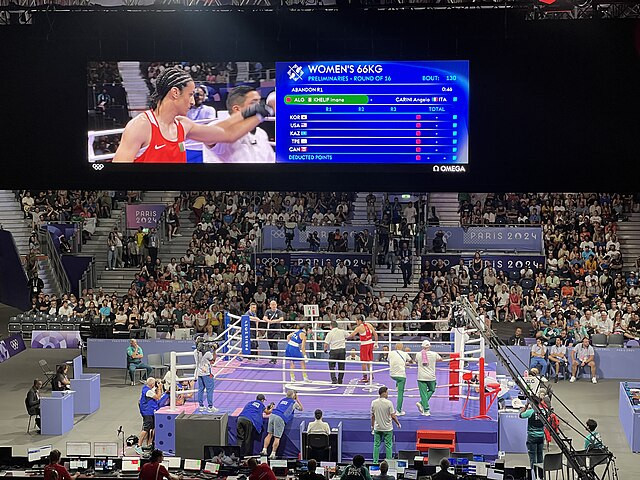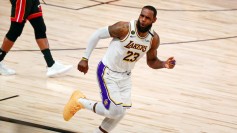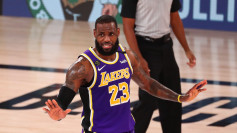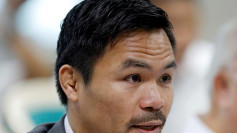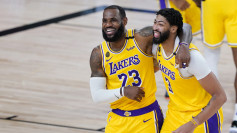Imane Khelif, the Algerian Olympic boxing champion, is taking legal action against individuals and media outlets following a series of reports that she claims misuse and misrepresent her medical records. The move, supported by the International Olympic Committee (IOC), comes after a swirl of controversy during the Paris 2024 Games, where Khelif captured the women's welterweight gold medal amid a storm of speculation regarding her gender eligibility.
Khelif, 25, has faced intense public scrutiny since her disqualification from the 2023 International Boxing Association (IBA) World Championships due to a purported failure to meet gender criteria. Rumors spread rapidly during the Paris Olympics, with some suggesting without evidence that Khelif was transgender or intersex. The IBA itself hinted at the presence of XY chromosomes but stopped short of presenting definitive proof.
Responding to renewed claims in recent French media reports about leaked medical documents, the IOC emphasized that "Imane Khelif has taken legal action against individuals who commented on her situation during the Olympic Games Paris 2024, and is also preparing a lawsuit in response to the latest reporting." An IOC spokesperson added, "The IOC will not comment while legal action is ongoing, or on media reports about unverified documents whose origin cannot be confirmed."
Khelif has been a fixture in women's boxing for years, competing at the Tokyo 2020 Olympics and other IBA-sanctioned events. Despite the controversies, her achievements in Paris were marked by dominance, as evidenced in her opening bout when Italian opponent Angela Carini withdrew just 46 seconds into the fight. Carini later expressed regret for any backlash Khelif faced, noting that she stopped the fight "to preserve my life."
The accusations surrounding Khelif's eligibility stem, in part, from longstanding tensions within international boxing governance. The IBA, which was stripped of its status as the world governing body for boxing by the IOC in 2021 due to governance failures and links to Russia, had implemented stringent gender eligibility tests. The IOC, however, took control of Olympic boxing and applied less restrictive criteria, relying primarily on passport details to determine athletes' gender and age.
Khelif's legal pursuit reflects broader concerns about athlete rights and privacy in the digital age, with the IOC condemning the abuse she has received. "The IOC is saddened by the abuse that Imane Khelif is currently receiving," the organization stated. The controversy over her eligibility highlights the often murky intersection of gender, sports regulation, and public perception-a complex web further tangled by leaked documents and online speculation.
Khelif has steadfastly defended her identity. "I am fully qualified to take part in this competition. I am a woman like any other woman," she declared after winning gold in Paris. "I was born a woman. I have lived as a woman. I competed as a woman-there is no doubt about that."
The Algerian champion's determination to clear her name is paralleled by the experiences of Taiwan's Lin Yu-ting, another athlete barred by the IBA but later cleared by the IOC to compete in Paris. Their cases underscore the challenges facing governing bodies like the IOC, which has committed to upholding the human rights of athletes while navigating sensitive eligibility disputes.
